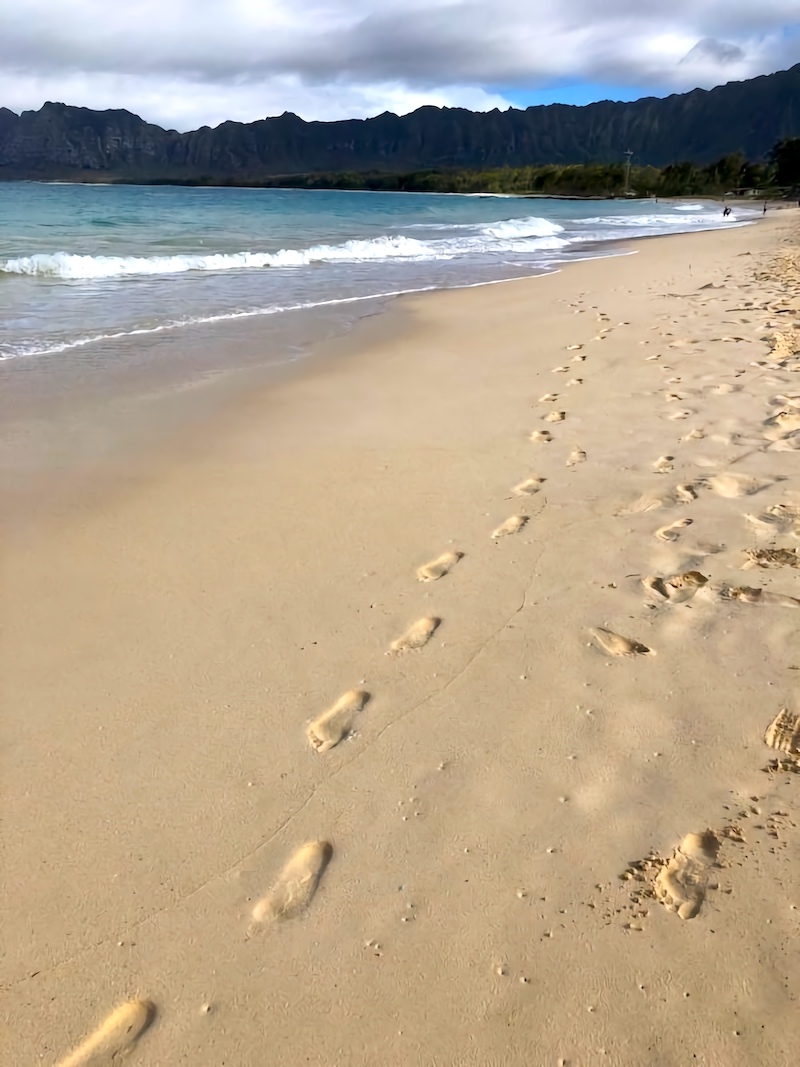Childhood Occupations In Summer

July 20, 2020
by Bethany
For part of the summer, my brother and I went to stay with our cousins. It was the perfect time to go. Our parents wanted to remodel the kitchen, which would frustrate my brother and I, as we are stuck taking online classes from home, and my aunt and uncle needed to entertain their three kids who were also stuck at home. So we moved to Hawaii for six weeks, continuing online classes, which now started at 6am instead of 9am for me, and spending our afternoons with the cousins.
Having not been out of the house for a while, I loved observing the occupations that people chose during an encouraged stay-at-home time. I was in a unique position to be able to see others’ occupations, not just my family’s. I especially loved the fact that I had an excuse to engage once again in childhood occupations. It’s harder to find reasons to have random water balloon fights when all of your friends are over twenty and everyone is being encouraged to stay away from one another. But now under the same roof with three younger cousins, I had the chance to observe, relearn, and engage in some of the most exciting childhood occupations.
One of my cousins fell in love with baking. He had already loved the culinary arts before the safer at home order, and then as his free time expanded, so did his passion for baking. My brother and I were a new audience to wow with the recipes he had perfected for his own family, and we helped him concoct new ways to get creative, too. The second we arrived, he showed us his first creation: a red velvet cake decorated with green lemon-flavored icing. The red was for my love for USC, and the green for my brother’s school. The cake was gone all too soon, but my cousin was quick to create an entire baking schedule with things we had to try while we were here, including a double-layer carrot cake. My brother and I helped him come up with ways to make use of extra pie crust, like making cinnamon-roll-like creations topped with blueberry compote.

A double-layer carrot cake
The youngest cousins showed me the garden. Many different potted plants stood out in the front of their house. She took care to water the garden daily and to check to see if things were growing. In contrast, the oldest cousin’s most common occupations were playing video games with my brother and self-learning riffs on guitar or piano to famous songs like “Piano Man.” And although the cousins engaged in occupations I was used to, such as going to walk the dog and watching TV shows, my favorite occupations to witness and join in on were self-made entertainment.
The cousins could entertain themselves, and me, by turning anything into a game. For example, my brother started showing them a magic trick, having them pick a card from the deck and finding it again. Once he got tired of that, somehow, the game instead turned into “randomly guess the card.” The entire 5-cousin group would randomly shout cards (“Ace of spades!”), someone would turn the next one in the deck over, and you would either hear shouts of disbelief and excitement, groans of frustration if the number was only one off, or more commonly small sighs and next guesses. The game took up at least ten minutes. Ten minutes of random card guessing, and I had fun with it. I guess the anticipation in the occupation and the people with whom I was participating made the occupation increasingly engaging.
On a socially-distanced beach trip, I stayed in the shallow water with the younger cousins, jumping waves. Then the youngest dived down and grabbed a rock. We spent the next twenty minutes using the rock as if it were a pool dive toy, where I’d throw it and she’d get it, over and over again. That day, we also dug a giant hole. And then right after, we filled it in before leaving to make sure no one would fall into it. But I was struck by the short-lived nature of these occupations, how it seemed so necessary and important to frantically dig water out of the hole as the waves rolled in so that the hole would not fill up, but then we filled it up ourselves an hour later. And yet, these became some of the most fun moments.

Beach walks
It’s the small daily activities of entertainment like making toys act out a play, trying to mimic how Han Solo runs, or trying to bounce a ping pong ball into a cup that become memorable, silly moments. It’s not just the activity, but the context, the place, the people, and the purpose, that make them meaningful occupations. In one of the books I was able to pick up this summer, Liturgy of the Ordinary, by Tish Warren (2016), I read that “Children never tire of beauty and pleasure. They embrace enjoyment with abandon. They don’t feel guilty about taking time to search for feathers, invent a game, or enjoy a treat” (p. 132). And getting to participate in these activities with my cousins has helped me begin to rediscover my own wonder with the world.
Reference
Warren, T. H. (2016). Liturgy of the ordinary: Sacred practices in everyday life. InterVarsity Press.
⋯
Next by tag Life Hacks ⟩
⋯





